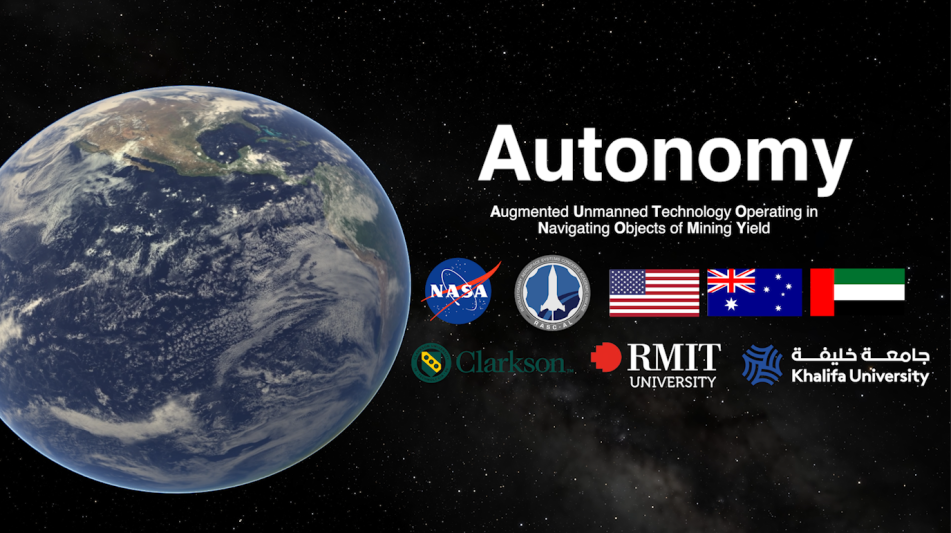Clarkson University Researchers Taeyoung Kim, assistant professor in the Department of Chemical and Biomolecular Engineering & Institute for a Sustainable Environment; Shane Rogers, associate professor in the Department of Civil & Environmental Engineering; and Stefan Grimberg, professor in the Department of Civil & Environmental Engineering have received a $1 million grant from the Department of Energy (DOE)’s Office of Energy Efficiency and Renewable Energy (EERE), for their project entitled “Nutrient Recovery from Anaerobic Digestion Dewatering Sidestream Using Bipolar Membrane Electrodialysis”.

Last year, DOE’s EERE announced a funding opportunity to replace the aging water and wastewater treatment infrastructure with advanced water resource recovery systems. “I was thrilled by this funding opportunity because our team has been collaborating since I joined Clarkson in 2018, to develop an innovative nutrient recovery technology that exactly DOE seeks to support,” said Kim, principal investigator.
The funding will be used to develop an electrochemical process to selectively recover nutrients present in domestic wastewater treatment facilities, especially those present in a stream produced after dewatering biosolids generated by anaerobic digestion. “Anaerobic digestion in wastewater treatment is used to stabilize sludge and reduce its volume but this process also creates ammonia, which is typically wasted without recovery,” said Grimberg, who has extensive research experience in anaerobic digestion technology development and modeling including management of two pilot-scale systems at Clarkson.
The project has two phases: lab-scale and scale-up system development. The first phase will be managed by Kim, whose research focuses on the development electrochemical separation processes including nutrient recovery and water desalination. The second phase will be managed by Grimberg, who will install and operate a scale-up system at an actual wastewater treatment facility located in the City of Cortland.
“The sidestream contains a significant amount of ammonia nitrogen and phosphorus, and it is a burden to meet our biological nutrient effluent requirements. I’m excited for the potential of the new technology to reduce the degree of nitrogen removal needed in the facility’s main process, as well as lowering chemical costs and sludge production associated with phosphorus removal,” said Bruce Adams, Superintendent of the Cortland wastewater treatment facility.
Led by Rogers, who has more than 17 years of experience in environmental biotechnology research and development, and assisted by Jingjing Wu, post-doctoral research associate, the feasibility of this new technology will be assessed through life cycle assessment (LCA) using data generated during pilot-scale testing. The net economic assessment of the proposed technology will be led by Kevin Hickey, Senior Project manager/Client Service manager at Write-Pierce, who has been working in the consulting field designing water and wastewater projects for the past 15 years.
The team has been supported by the Clarkson Ignite Graduate Research Fellowship Grant sponsored by Bob ’78 and Marcy Ziek since 2019 to develop an electrochemical process for harvesting valuable resources from wastewater. “The Ignite Research Fellowship Grant is a research collaboration pilot grant program aimed at raising the profile of researchers and bolstering research activity to enhance Clarkson’s reputation as leaders in solutions-focused research and technology development. This is yet another success story of the Clarkson Ignite program that promotes collaborations between faculty and students of diverse backgrounds and disciplines,” said Dr. Shannon Robinson, Associate Vice Provost for Research & Technology Transfer in Sponsored Research Services.


